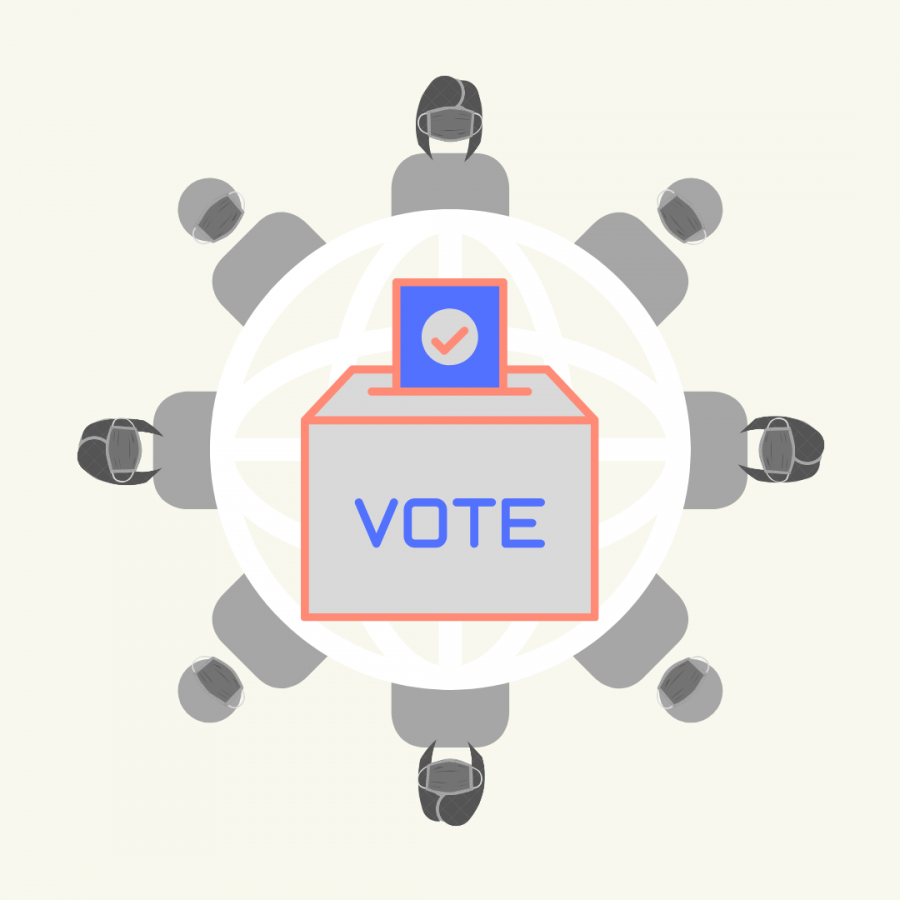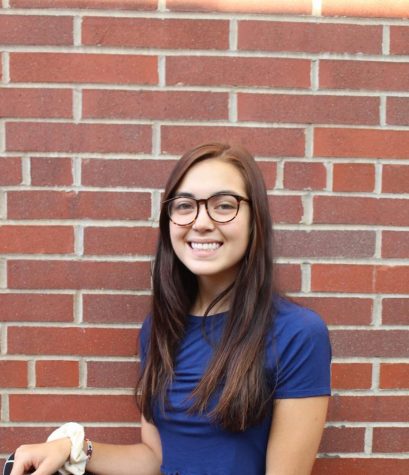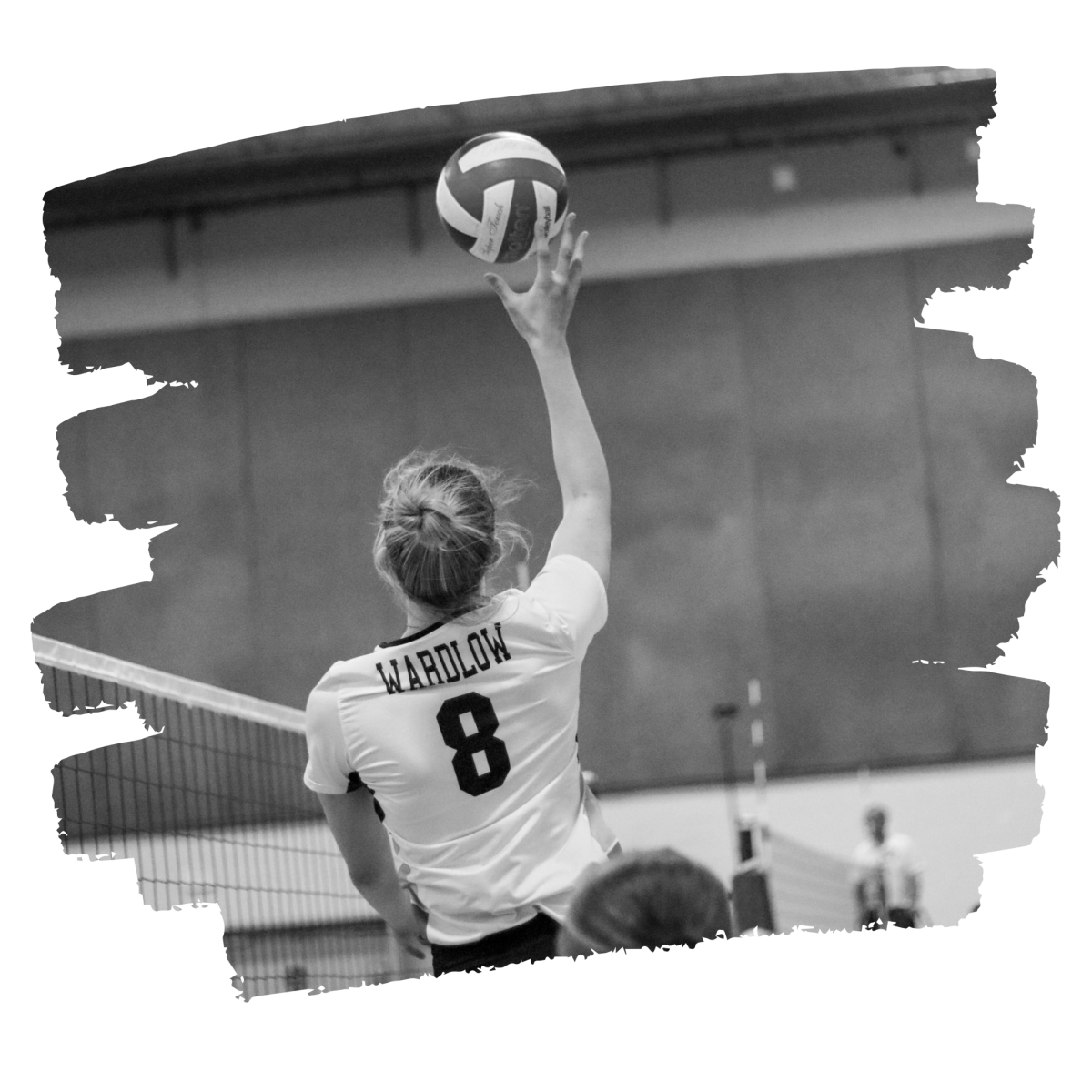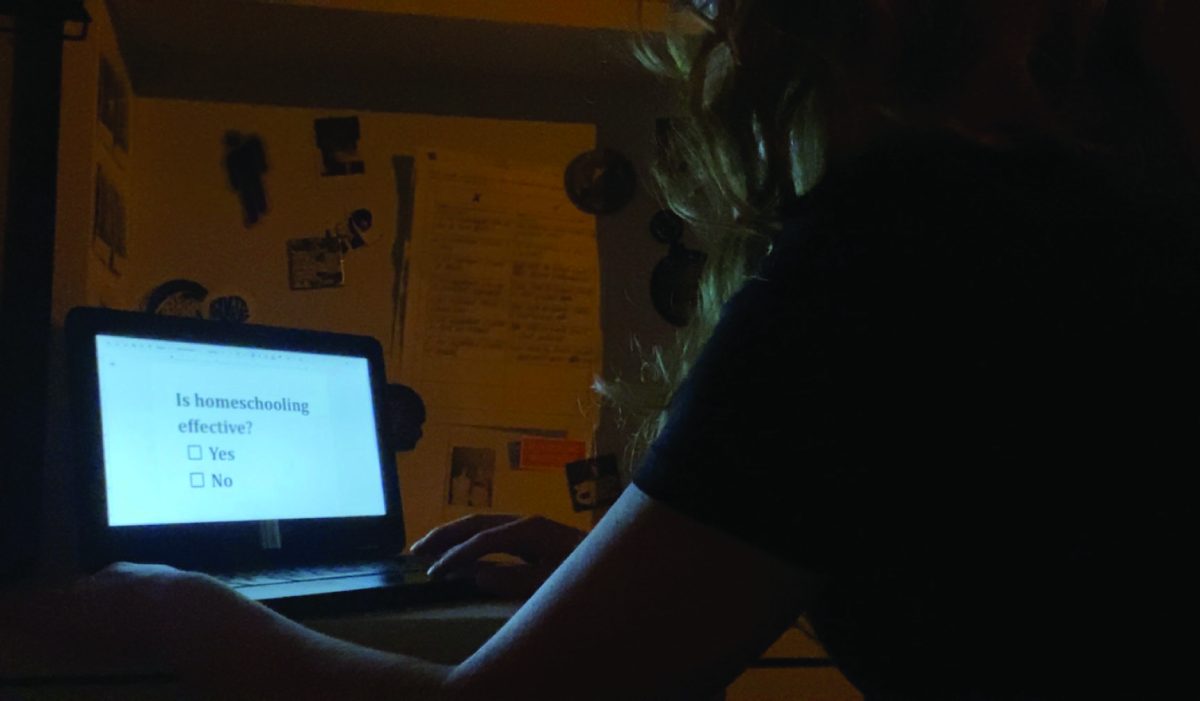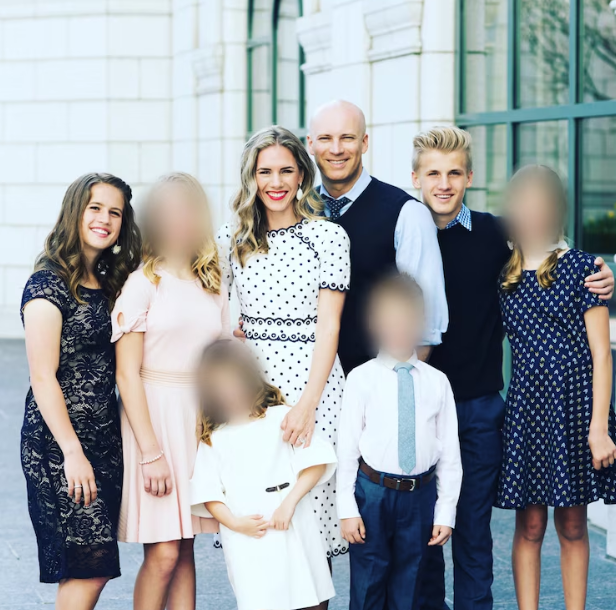How will the 2020 election ‘turnout’?
April 30, 2020
As students in the United States grow older, they’re told that voting is one of the biggest responsibilities that they will have as an adult. Once they finally do reach the age of being able to vote, 18, it can become confusing for students or even seem unnecessary. Many aren’t sure where their political beliefs stand or feel that their one vote couldn’t possibly make a difference.
According to an article titled, “9 Reasons We Need Young Voters More Than Ever,” from the website BestColleges, “In 2016, only 19 percent of people aged 18-29 cast their ballot in the presidential election; At 49 percent, 45-64-year-olds accounted for the largest electorate.”
Sadie Prenda, a senior at Lincoln Southeast, says that she feels multiple things could lead to people ages 18 to 24 to have a lack of interest in voting during elections, or not participating.
“People feel less connected,” Prenda said. “I think people see there’s an electoral college [and think], ‘My votes are not going to count.’ [While] that holds some truth to it, it’s not 100 percent true.”
Along with pointing out this viewpoint, Prenda also commented on the fact that there may be things holding younger voters back that many people don’t think about. She uses herself as an example of what one of the many contributors may be, as she plans on going off to college this coming fall.
“The age [group] 18 to 24 [is] the most mobile group of people,” Prenda said. “[For example], I’m not going to have a stable contant household for the next four years because I’ll be going to college. I’m never going to be in one place for a really long period of time. I think it’s really hard for people our age to vote because it’s hard to stay active when you’re four states away.”
Ethan Koerwitz (12) thinks that the reason voters show a lack of interest during the elections is more focused around how people feel about the politics at hand during the elections.
“People are frustrated with how politics are sometimes,” Koerwitz said. “If you’re frustrated with something, you tend to not want to be a part of it. You feel disenfranchised by [a particular election], so you don’t feel like your one vote makes a difference; You feel left out of the political spectrum.”
When addressing the younger spectrum of voters, Koerwitz sees how involved they may be but also acknowledges how they talk a lot more about politics than actually acting on how they feel.
“Younger people are very idealistic, and that’s the case for every generation when they’re our age,” Koerwitz said. “Actions speak louder than words, so you can Tweet all you want, [but] unless you actually go vote and help get other people [involved], you’re not actually doing what you’re preaching.”
Senior Cooper McClure thinks that people need to contribute to make a difference, rather than choosing to only criticize what is happening around them.
“These past four years, especially, have been very controversial and a lot of people like to criticize the way our country is, yet they are not doing anything about it,” McClure said. “[It’s important] to stress the point that if you want change, you need to have your voice heard so that you can help make a difference.”
While students and the younger population speak out on their issues, they have a hard time when it comes to actually participating. In the 2016 presidential election, the Center for American Women and Politics sourced that for ages 18 to 24, 6.2 million women and 5.4 million men reported voting. This is a vast difference compared to those that are in an older age range. Those ages 65 to 74 reported that 10.7 million women and 9.5 million men had voted during the 2016 presidential election.
This wasn’t the only difference within the 2016 election that was alarming. According to The Best Colleges, “Young voter participation in 2016 declined by 2 percent from a record 52 percent at the 2008 election.” It is merely a matter of time before the boomer electorate decreases in size, but if younger voters don’t turn up, “fewer young people get to directly influence issues that might affect their lives for years to come.”
Prenda believes that the best way to get young voters involved in elections that pertain to them is to educate them when possible. Here at Southeast, teachers get seniors involved by teaching a required Government and Politics class that goes into depth about how government and politics work.
“Lincoln Public Schools does a good job [educating students] with the GoPo class,” Prenda said. “That’s really important because I learned so much about what my vote actually does, what elections are and how my vote goes beyond elections. If [we] prove to people that their voice does matter and does get heard.”
Another way that schools could push to get seniors and young adults involved is to provide more direct interaction through the school. Koerwitz said that the voter registration drive at Southeast is great, but wonders if the schools could do more.
“Southeast has the voter registration drive in the springtime, and that’s very good,” Koerwitz said. “Letting people know when the elections come [could help]. For example, we had the bond issue that was a special election [where] you had to mail in your ballots. The school maybe could have provided those ballots for [students], or talked about them.”
Current high school seniors will have the opportunity to vote in their first presidential election in the November 2020 elections coming up. It is a big step, as some seniors will turn 18, allowing them to vote for the first time. McClure said he was excited to vote and take on this civic duty, especially with it being a presidential election.
“It’s a big responsibility [and] a privilege to be able to vote, because other countries don’t get the chance to vote like we do,” McClure said.
McClure also said he thought there would be a lot of people turning out to vote, due to how controversial this last term has been for many people, both Democrat and Republican.
“Our president this year has been very controversial across the entire population — those who are both in favor of the president and who are opposed to the president,” McClure said.
According to U.S. News, in an article titled, “Preparing for a Voter Surge,” by contributor Susan Milligan, “[Voter] turnout in 2018 was the highest it had been for a midterm election since 1914.”
University of Florida Political Science Professor Michael McDonald told Milligan from U.S. News that he predicts that in this next election, “65 percent-66 percent of eligible voters will turn out; the highest since 1908, when turnout was 65.7 percent.”
What proves to be a concern for this proposed high turnout rate is the COVID-19 pandemic that is now at hand. The country has a higher infection rate than any other country, including China, at more than 928,000 cases in the U.S. as of April 25, 2020, bringing the total number of deaths to more than 52,000. As this number continues to rise, people can’t help but wonder if the general election will be moved or how they will accommodate voters who can’t or don’t want to leave their houses.
According to Roll Call, in an article titled, “How will coronavirus affect 2020 elections?” by contributor Nathan L. Gonzales, “The general election has been set by federal law since 1845. That means to change the date, it would take legislation enacted by Congress, signed by the president and subject to challenge in the courts.”
This makes the easier option to accommodate the voters, rather than finding a time when the virus does not affect the U.S.
Even if the election date could be moved, it is still required by the Constitution that the new Congress must be sworn in on Jan. 3, and that the new president’s term must begin on Jan. 20, meaning that they could only postpone the election so far.
When it comes to the election, who ends up coming out to vote is just as important to how and when they vote. COVID-19 has the potential to impact the size of the electorate.
“Whether it’s physical ability, access or fear of the process (including waiting in line), coronavirus could impair and impede voters,” Gonzales said.
No matter how the government chooses to change this upcoming election, that doesn’t change the importance for everyone to do their best to be involved.
“It’s important for people to vote, because that’s the only way you’re going to get things done. It’s important to vote on issues you support and on candidates, even though we have the Electoral College,” Prenda said. “It’s important not only for yourself, but for other people, because voting impacts everyone. Even if you are super privileged and life is going good, it is important that you look around and vote for other people as well.”

